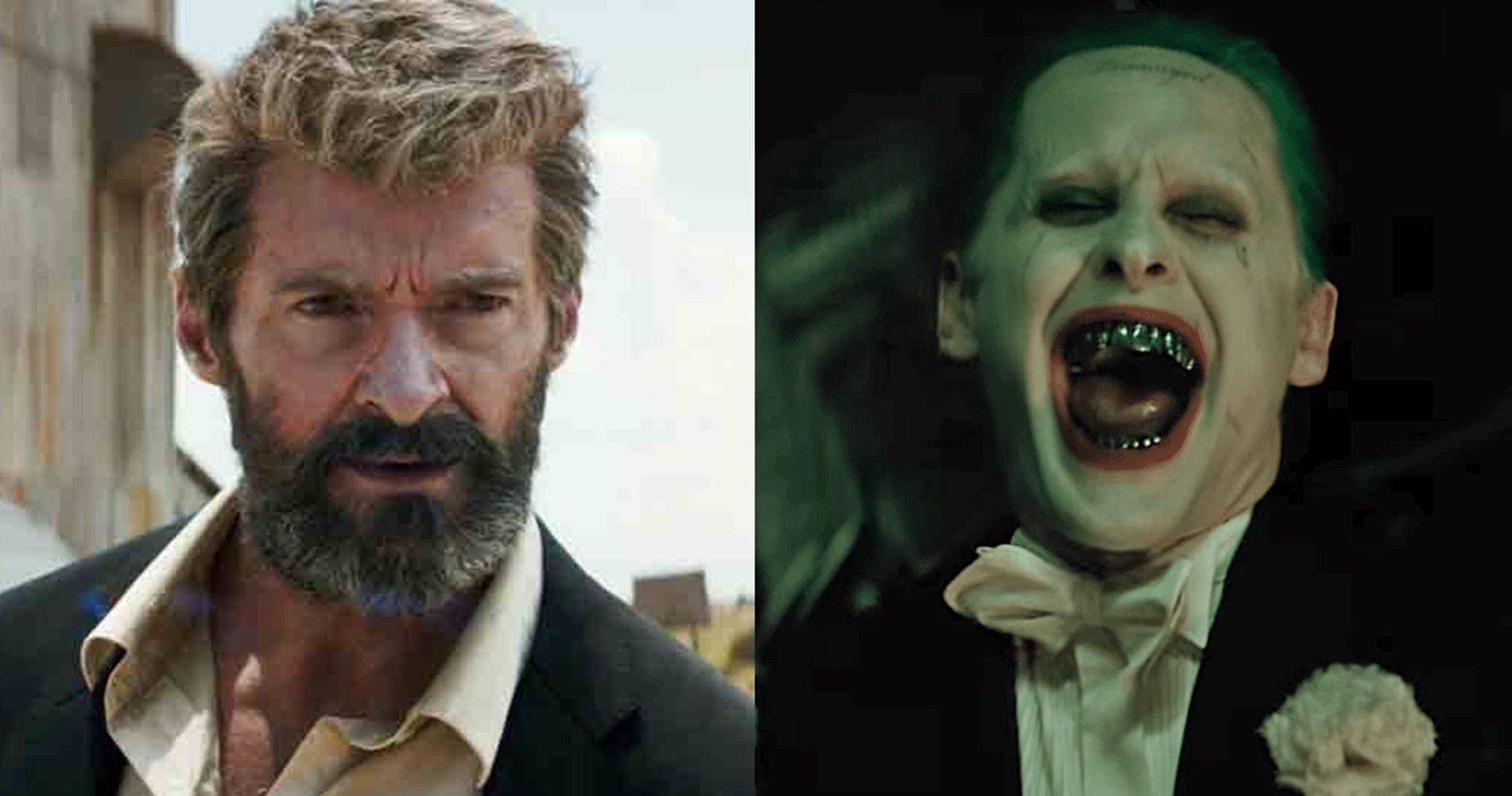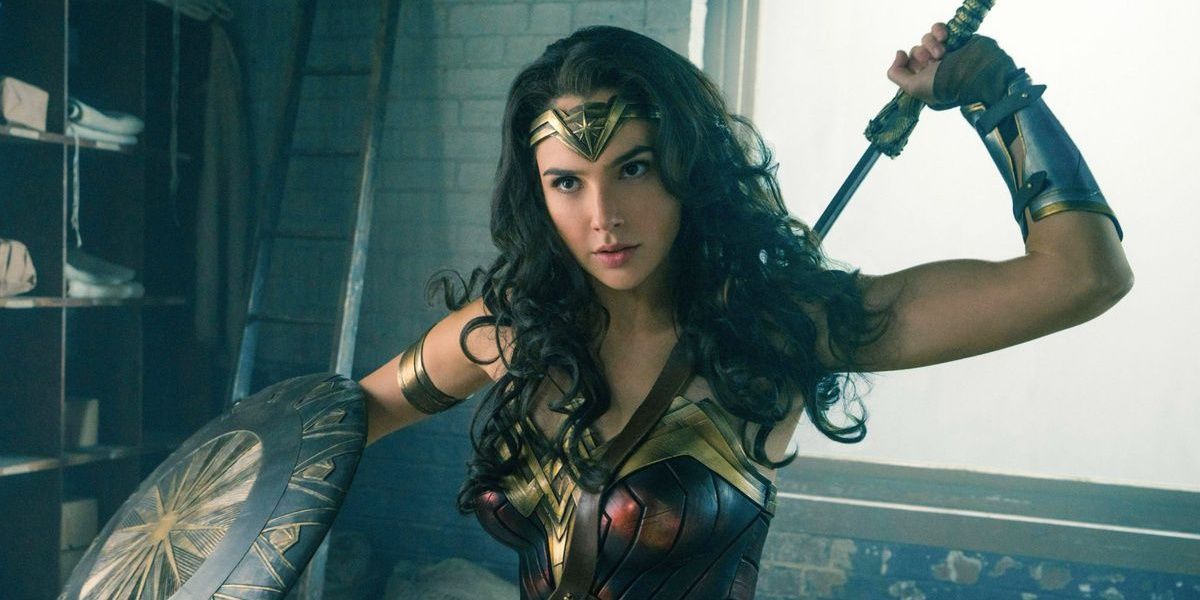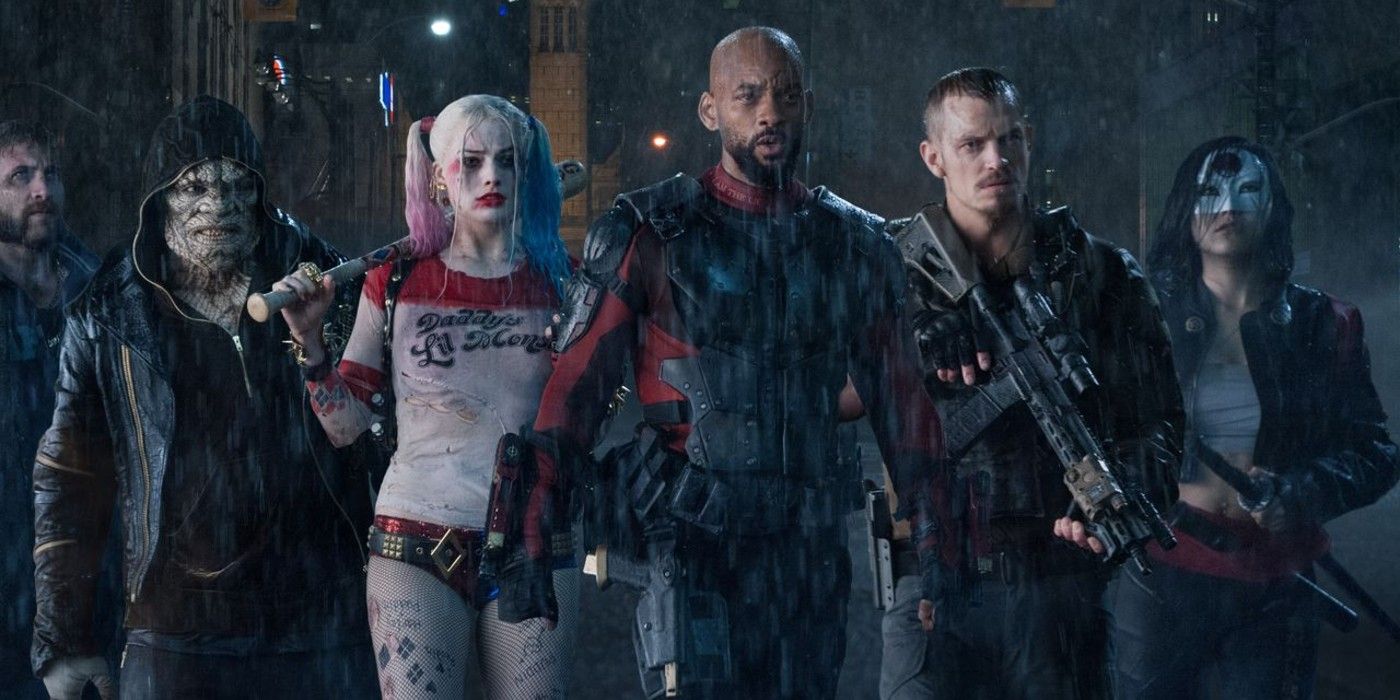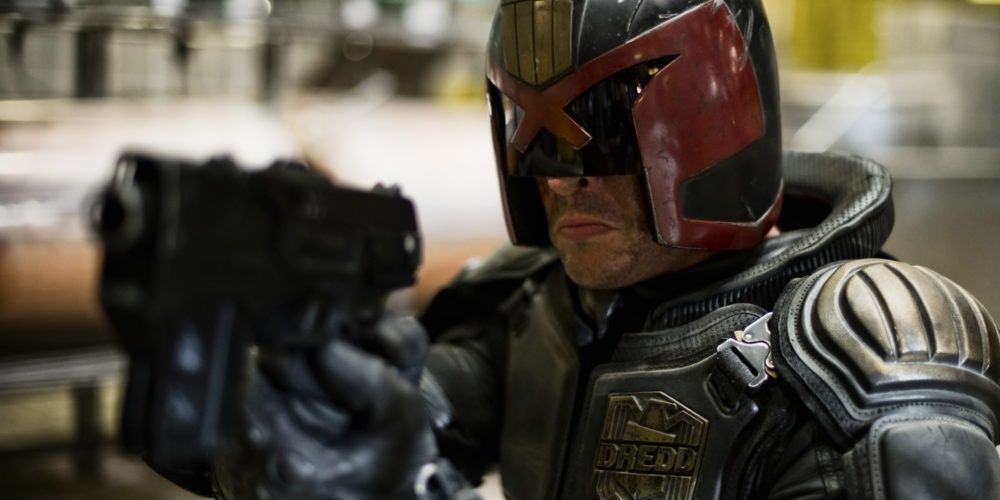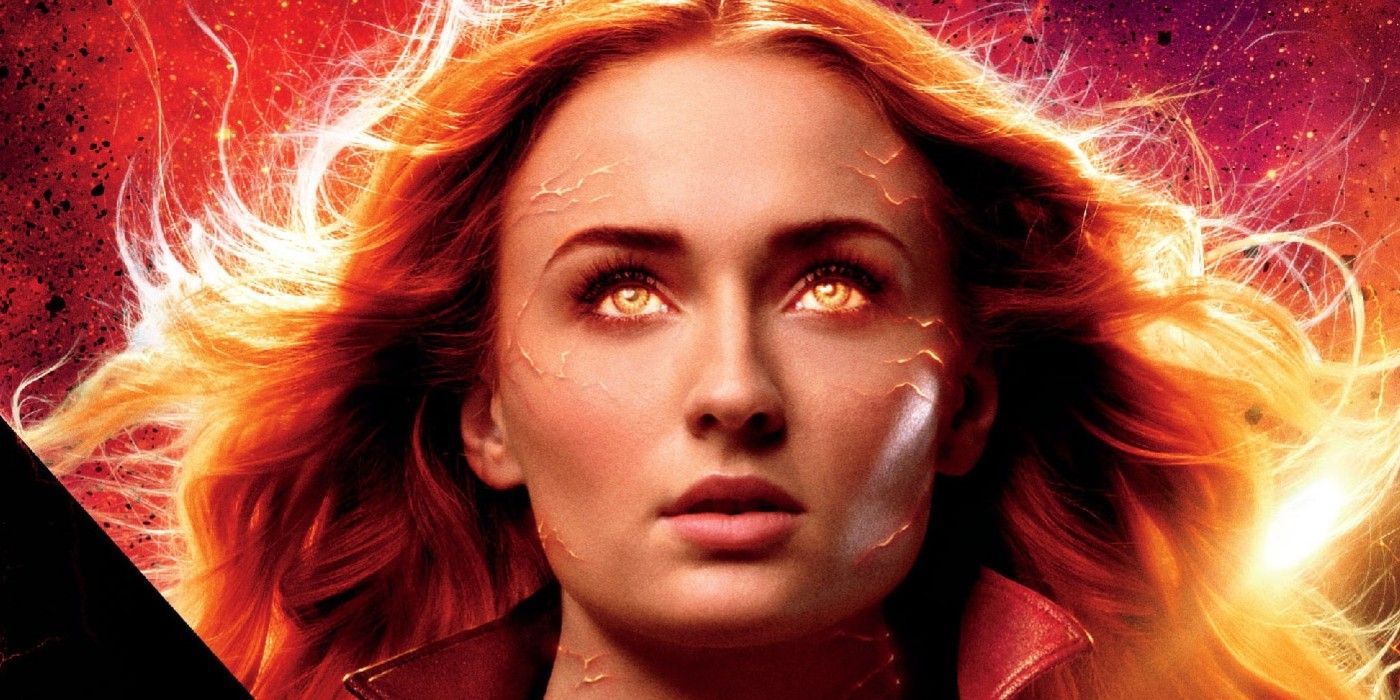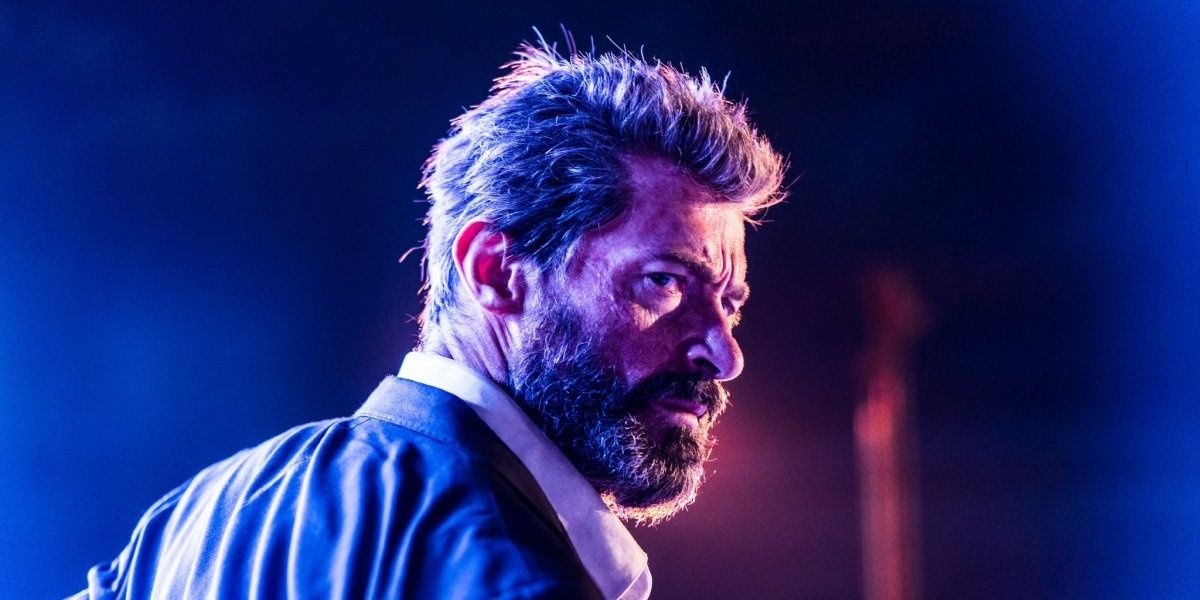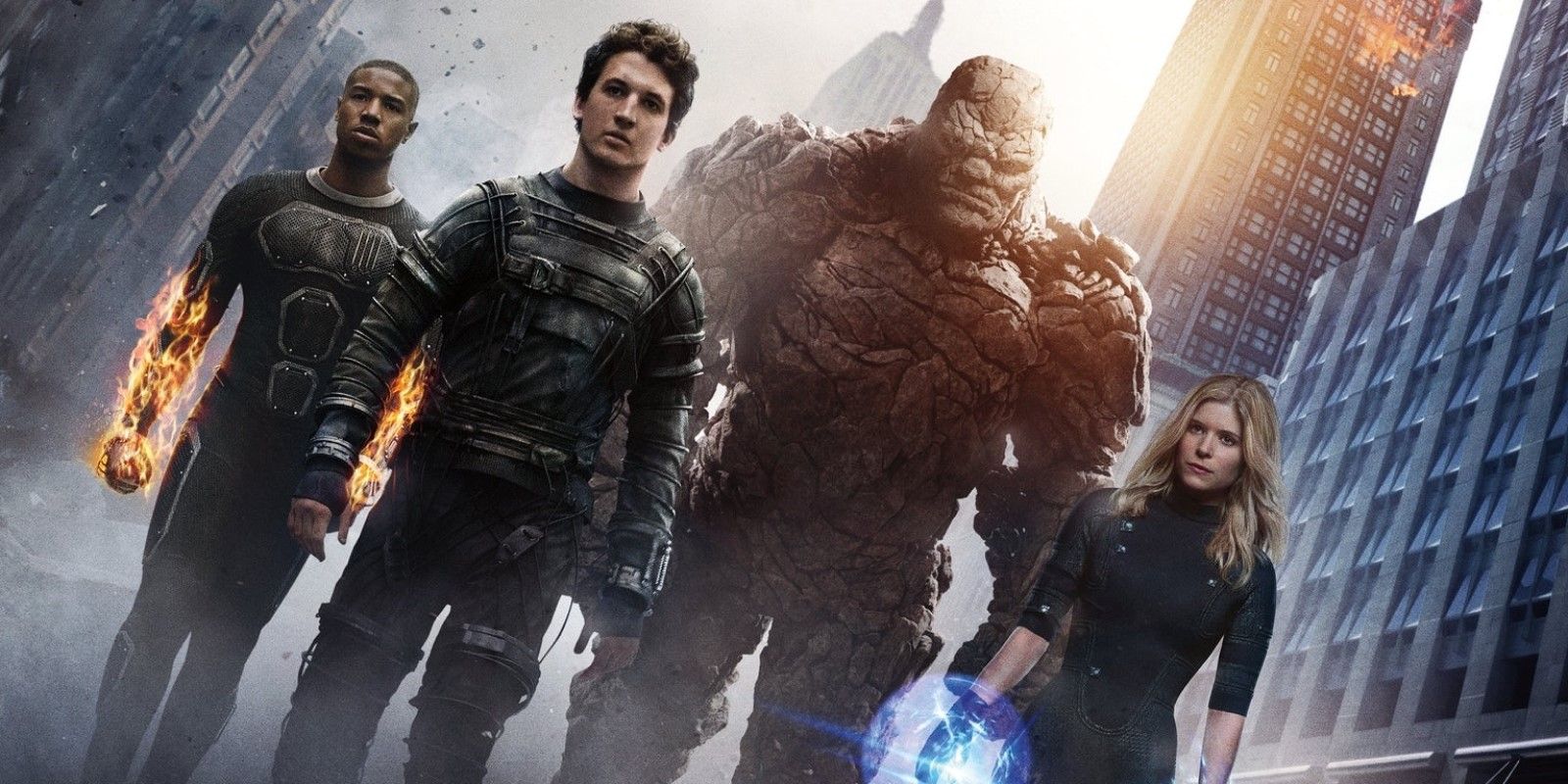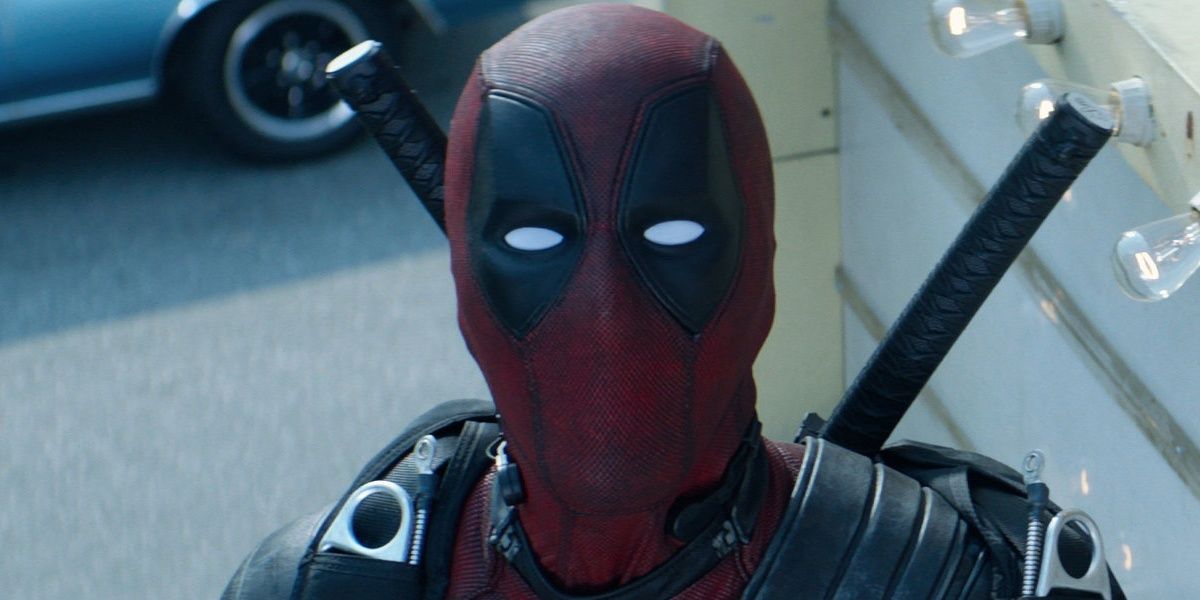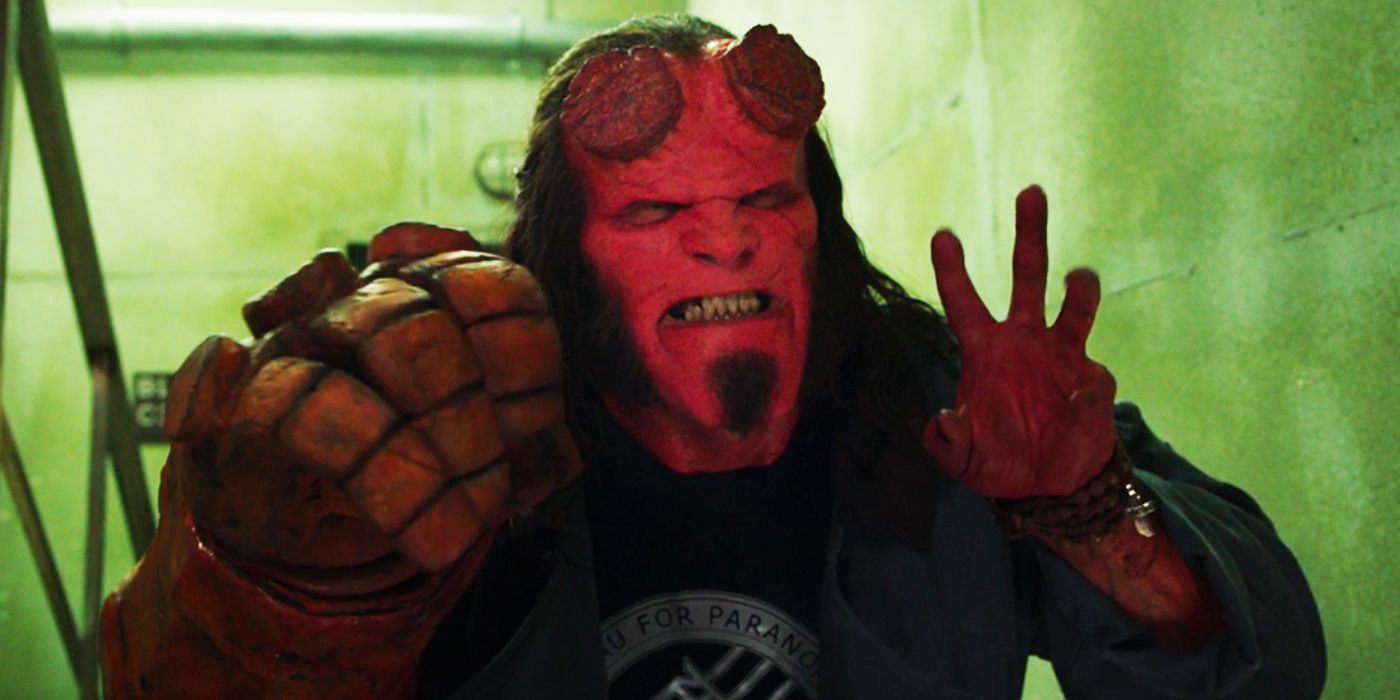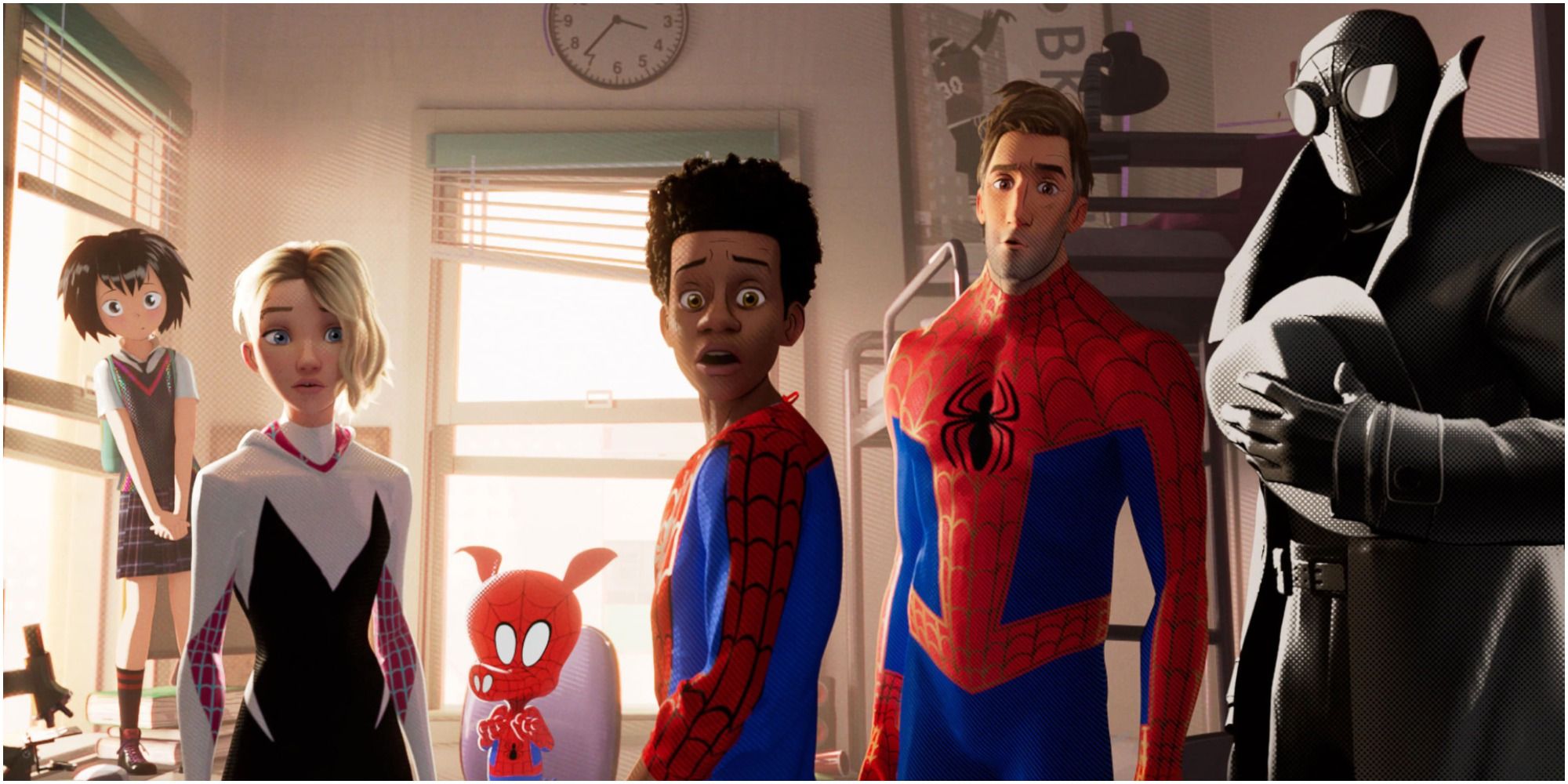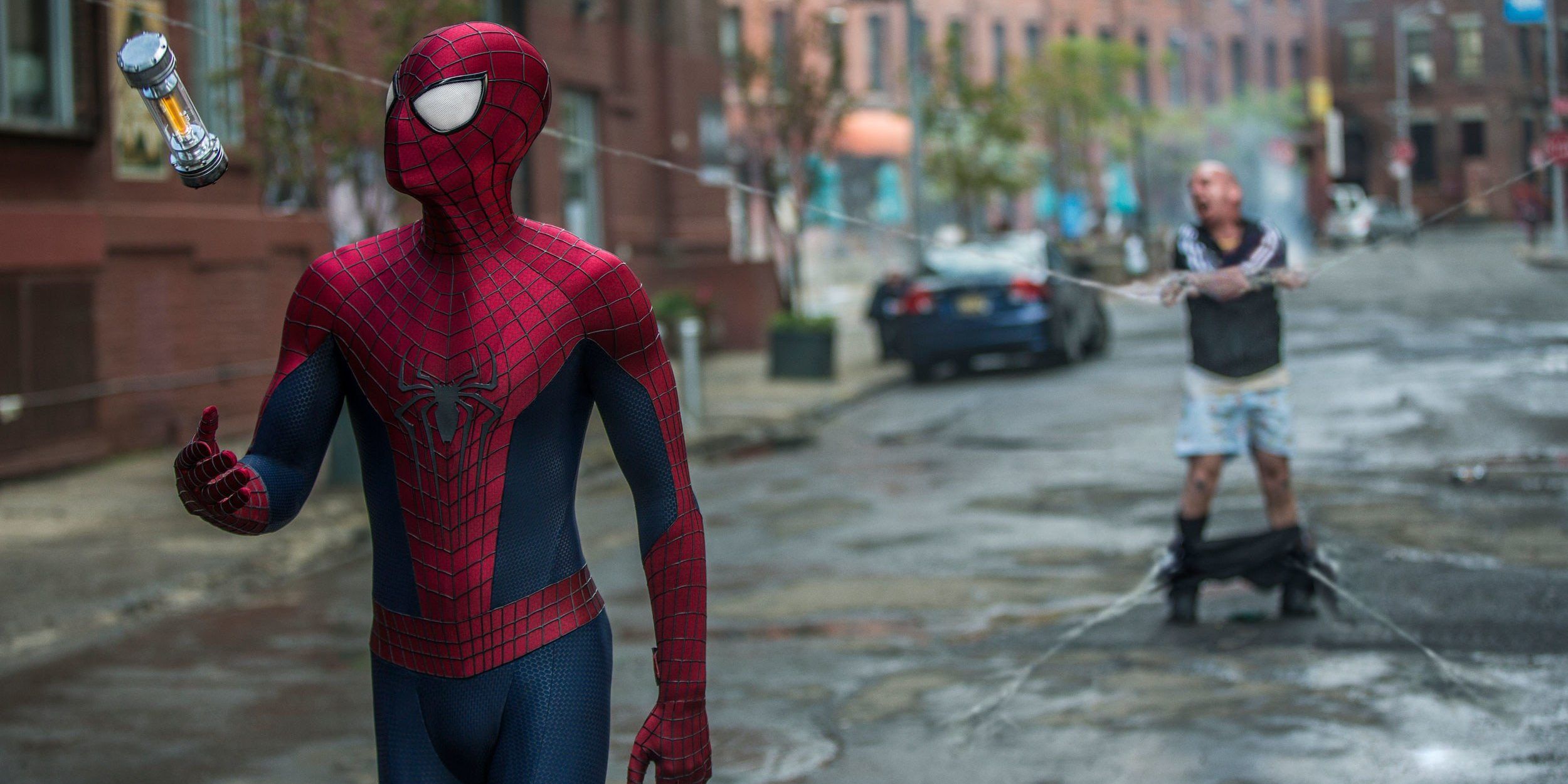Throughout the 2010s, the rate of Hollywood comic book movie releases drastically escalated. The backbone of that movement was the Marvel Cinematic Universe, a 23-part mega-franchise encompassing 11 sub-franchises, most of which stand among the highest-grossing film series of all time. Although its business-oriented structuring has some creative drawbacks, the MCU has never produced a truly bad movie.
At worst, the MCU’s offerings are cookie-cutter blockbusters, like Thor: The Dark World or Doctor Strange; most of the time, they’re fun, entertaining, pretty great movies, like Guardians of the Galaxy and Thor: Ragnarok; and at best, they really connect to the zeitgeist, like Avengers: Infinity War and Endgame.
There are still plenty of great comic book movies being made outside the MCU, as well as plenty of not-so-great ones that provoke more fan backlash than a Mandarin fake-out. So, here are five recent comic book movies that were better than the MCU’s offerings, and five that were worse.
Better: Wonder Woman (2017)
Patty Jenkins was lined up to direct Thor: The Dark World with a more interesting love story and a stronger characterization for Jane Foster, but quit after Marvel made some script changes she wasn’t happy with. (As it turned out, neither was the Marvel fanbase.)
Jenkins was instead snapped up by DC to helm Wonder Woman. Jenkins brought a real sincerity to the project, refusing to acknowledge the word “cheesy,” that made it a more engaging counterpoint to the MCU’s bathos.
Worse: Suicide Squad (2016)
Warner Bros. gave David Ayer just six weeks to write the script for Suicide Squad before rushing it into production. Somewhere in the movie is the groundwork for an entertaining piece about antiheroes, but that potential is buried under generic characterization, on-the-nose exposition (like Rick Flag’s introduction of Katana), and mind-numbing plot logic.
Better: Dredd (2012)
Following Sylvester Stallone’s abysmal PG-13 attempt at bringing Judge Dredd to the screen in the ‘90s with Rob Schneider, the 2000 AD icon finally got his due in 2012.
Karl Urban stars in the title role in this ultraviolent hard-R take on the character as he takes a rookie (played wonderfully by Olivia Thirlby) into a high-rise controlled by a drug lord to bring down their operation with brute force.
Worse: X-Men: Dark Phoenix (2019)
In 2019, Simon Kinberg, who is somehow the highest-paid screenwriter in Hollywood, tried his hand at directing an X-Men movie after years of writing and producing them. As with every $200 million directorial debut, Dark Phoenix was a complete disaster. Days of Future Past may have a couple of plot holes, but it was a cinematic ride, and Apocalypse had its moments, few and far between.
Thanks to the Disney merger, Dark Phoenix was always going to be the final nail in Fox’s X-Men franchise’s coffin — a crew somberly going down with their ship — but Kinberg’s script and direction (not to mention the cast’s bored performances) didn’t do it any favors.
Better: Logan (2017)
Last year, for whatever reason, Academy voters got it in their heads that Todd Phillips’ Joker was something more profound and artistic than a derivative, confused, thematically vapid Scorsese knock-off being carried on the shoulders of Joaquin Phoenix and Lawrence Sher. James Mangold’s Logan is a much better example of a comic book movie taking influence from the classics of cinema to transcend the trappings of the superhero genre.
It’s a bleak neo-western taking cues from Paper Moon in its father-daughter story and Shane in its tale of an aging hero reluctantly called upon for one last act of heroism. In both cases, it doesn’t feel like a rip-off of those movies but simply a story exploring the same themes in a different, more modern context.
Hugh Jackman’s final performance as Wolverine is a grizzled tear-jerking delight, while Patrick Stewart’s bittersweet portrayal of a dementia-ridden Charles Xavier and Dafne Keen’s subdued, emotionally deep performance as X-23 are quite poignant.
Worse: Fant4stic (2015)
Midway through production on Josh Trank’s unusually dark reboot of the Fantastic Four franchise, 20th Century Fox executives got cold feet about the director’s weird body horror aesthetic and stepped in to reshoot most of it.
The reshoots are painfully obvious, from Kate Mara’s intermittent use of a blonde wig to the inconsistent, anticlimactic plot. Plus, for reasons unknown, the strangely titled Fant4stic carried over the terrible apropos-of-nothing Reed/Sue/Victor love triangle storyline from the previous movies.
Better: Deadpool 2 (2018)
After the first Deadpool movie provided an entertaining enough origin story with an agreeable gag rate, the second one really pushed the boat out as a meta commentary on superhero blockbusters.
At every turn, Deadpool 2 masterfully subverts the audience’s expectations, such as the grim early fate of the X-Force. Plus, the subplot involving Wade’s dream of reuniting with Vanessa in the great beyond gave the sequel a real emotional connection.
Worse: Hellboy (2019)
Why did they not just let Guillermo del Toro make Hellboy III with Ron Perlman? Instead, we got Neil Marshall and David Harbour being given a $50 million check by a Hollywood studio to unsuccessfully mimic what del Toro and Perlman already did perfectly in 2004 and 2008, with needless bloodshed added in post to strain for a gratuitous R rating.
In some parallel universe, there’s a Hellboy III directed by Guillermo del Toro and starring Ron Perlman, and it would probably be included in the “best” column of this list.
Better: Spider-Man: Into The Spider-Verse (2018)
With emotionally resonant voice performances (particularly from Shameik Moore in the lead role), a complex plot that uses lofty sci-fi concepts like interdimensional travel to convey human ideas, and a beautiful animation style that recalls flicking through the pages of a comic book, Spider-Man: Into the Spider-Verse emerged in 2018 as the perfect Spidey movie.
Into the Spider-Verse reassured fans that Sony wouldn’t screw up all of its attempts to tell Spider-Man stories on the big screen — even if it screwed up a lot of them.
Worse: The Amazing Spider-Man 2 (2014)
This is the movie that forced Sony to relinquish some of Spider-Man’s film rights to Marvel Studios, allowing his introduction in the MCU. Andrew Garfield’s bloated second outing as Spidey proves that Sony didn’t learn anything from the shortcomings of Spider-Man 3, as they rammed it with terrible villains, and on top of that, it has a bunch of setups for a cinematic universe that never happened.

